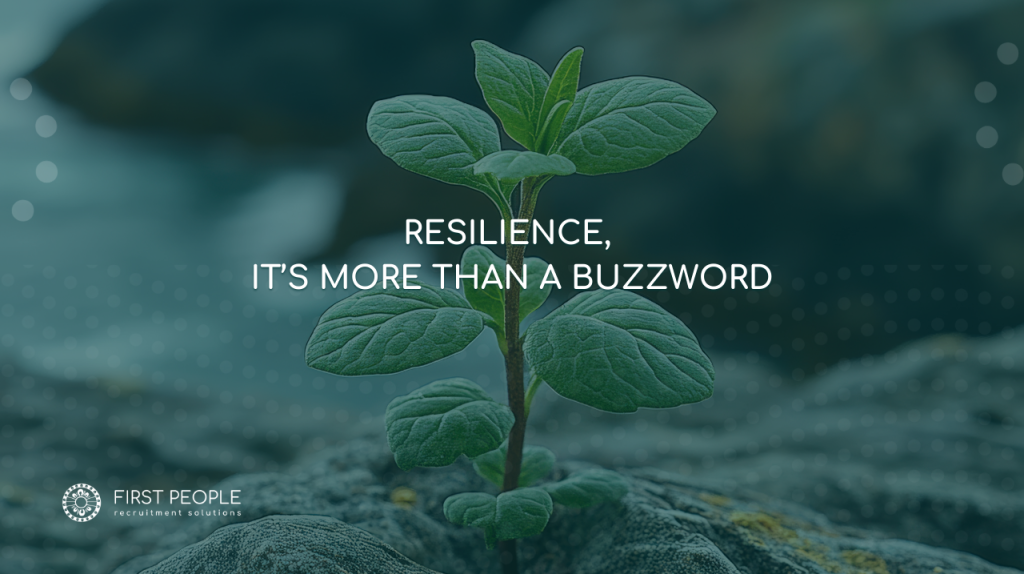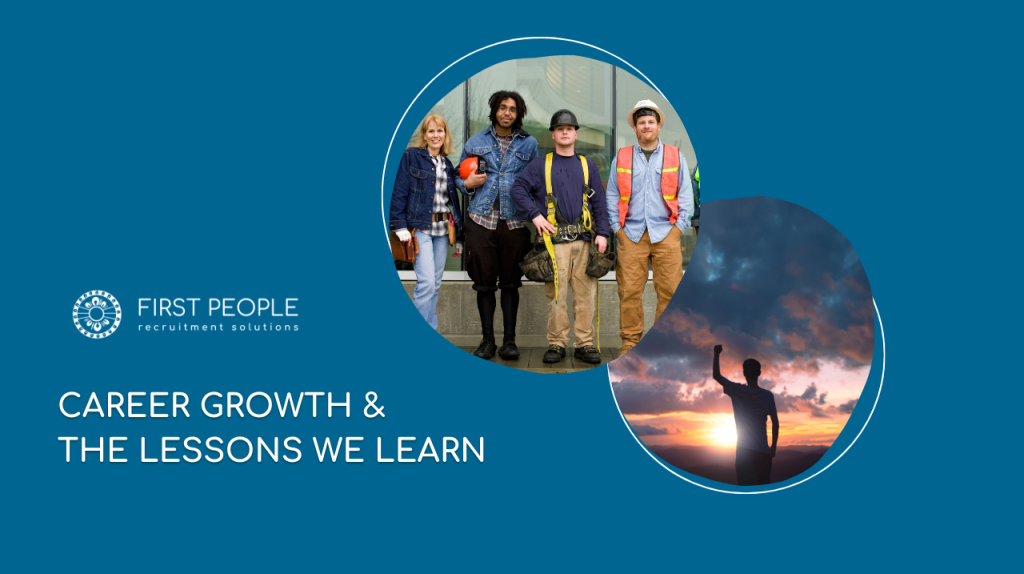As more companies around the world shift into office routines the conversation around workplace friendships is back on the table. While there’s been plenty of debate about the return-to-office mandates, one often-overlooked benefit of being in the same physical space again is the opportunity to reconnect as people, not just colleagues.
We know that connection at work matters, not just for your wellbeing, but for the strength and success of the workplace as a whole.
Surveys suggest that around 30% of people have a close friend at work.
That figure might not sound high, but it’s significant—and backed by strong research. Like a good diet for your physical health, genuine workplace friendships can nourish your mental wellbeing and positively influence how you show up in your role.
The Benefits Go Beyond a Lunch Buddy
Having friends at work isn’t just about having someone to chat with over coffee. Studies have shown that workplace friendships lead to higher engagement, increased job satisfaction, and a deeper sense of belonging. They also support collaboration, innovation, and productivity, which every employer highly values.
But let’s be honest: maintaining these relationships isn’t always simple. Work stress, conflicting goals, deadlines, and even office politics can complicate otherwise strong connections.
So what helps workplace friendships thrive over time?
It Starts with Shared Experience
Our own team has seen how long-lasting, cross-functional friendships often grow from shared experiences. Working under pressure, navigating change together, and having a laugh after a hard day are moments that build trust and create the kind of bonds that last beyond just one project.
Even things like venting about a challenging brief or reminiscing about a chaotic event can reinforce solidarity. So can planning for the future—whether it’s a casual team lunch or a more strategic collaboration.
These layers of connection act like building blocks. Over time, they shape relationships that are grounded, flexible, and strong enough to weather the ups and downs of working life.
But Like Any Relationship, It Needs Balance
Too much of one thing, even connection, can tip the scales. If your friendship is only built on work tasks, it can start to feel transactional. If it’s all venting and no action, it can become emotionally draining. If you rely too much on the same memories without creating new ones, the connection starts to feel stale.
Much like a diet that’s too heavy on one food group, imbalance leads to dissatisfaction. That’s why variety matters in our workplace relationships. A healthy mix of shared wins, light-hearted moments, tough conversations, and future planning helps friendships stay dynamic.
What Can Leaders and Teams Do?
For managers, this isn’t about forcing friendships through awkward icebreakers or annual team-building events. It’s about creating an environment where relationships can grow naturally through shared goals, trust, and space for real conversation.
For individuals, it’s about checking in. Are you showing up for your teammates outside of just deadlines? Are you listening? Making time? Bringing energy and care to the relationship?
And if things start to drift, don’t panic. Like any relationship, workplace friendships need attention, honesty, and a willingness to adjust. A small reset can go a long way.
Final Thought
Friendships at work aren’t just nice to have; they’re foundational to thriving in our careers. They remind us we’re human, offer a support system in tough times, and make the workday lighter and more meaningful.
Whether you’re just starting out or stepping into leadership, don’t underestimate the power of connection. Like any worthwhile investment, workplace friendships take effort—but the return is worth it.



